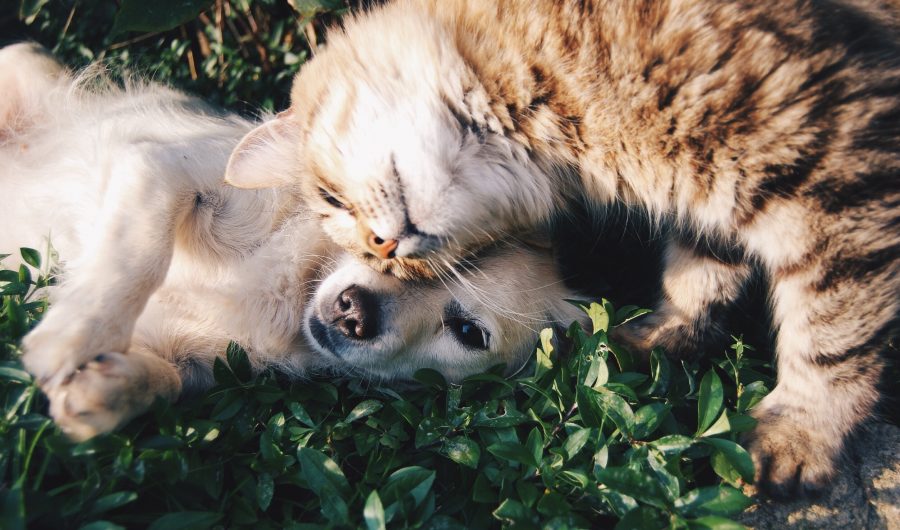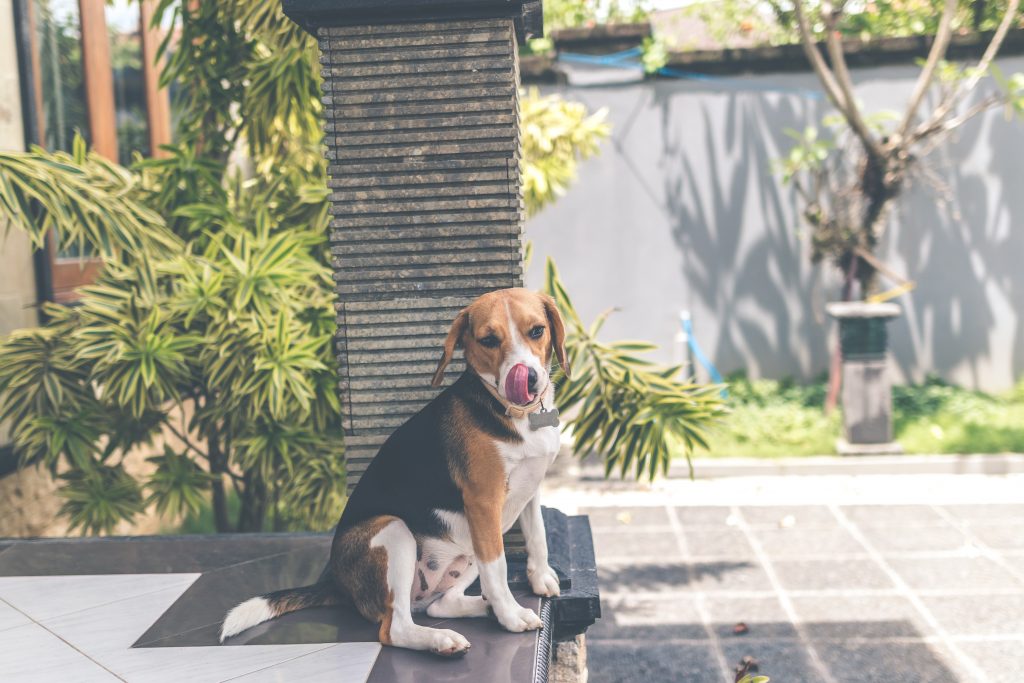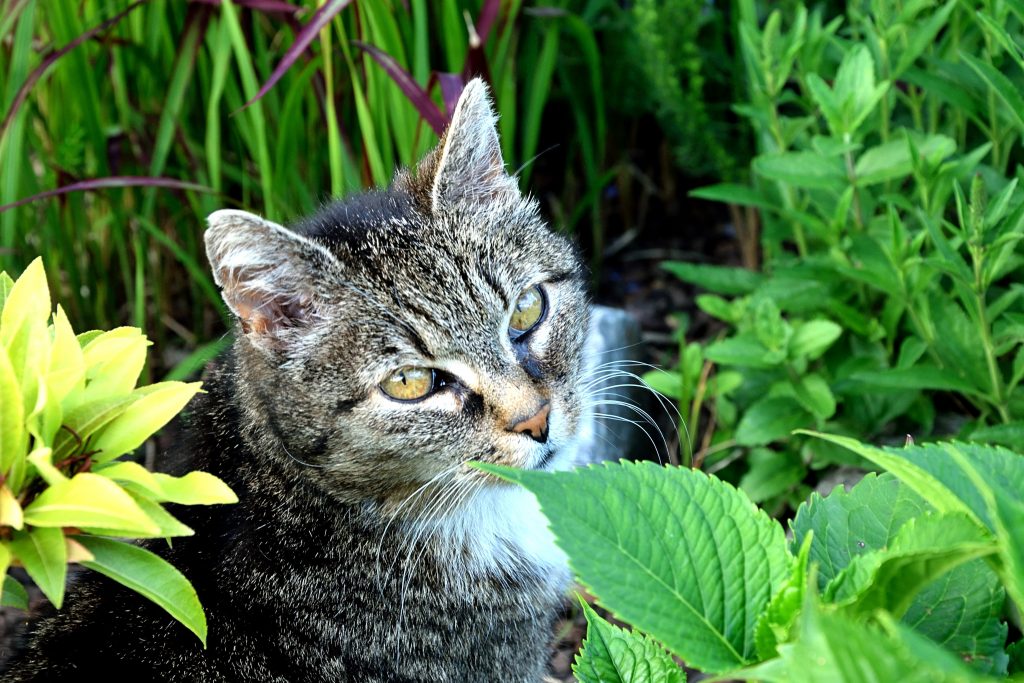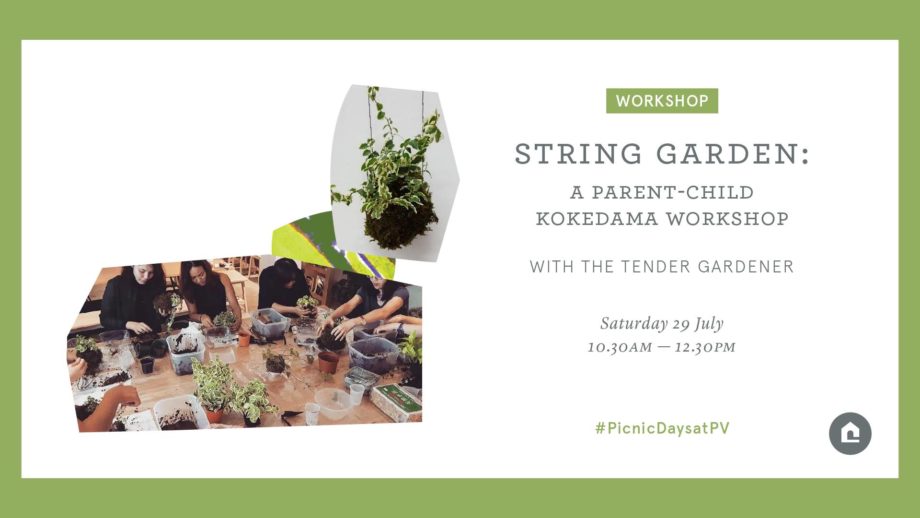Shopping for plants in Singapore but wondering which ones are toxic for your cat and/or dog? I speak with veterinarian and plantswoman, Gloria Lee, who highlights edible and ornamental plants poisonous to cats and dogs and explains what pet owners should do if their pet is poisoned.
1. Are most plants safe for cats/dogs? Is there a rule of thumb when it comes to choosing safe plants?
Most plants are in general not systemically toxic to cats/dogs. The more commonly available plants in Singapore which happen to be toxic to cats/dogs, are generally locally irritating to the mucosa or lining of the gut, thereby causing unpleasant gastric signs of drooling, vomiting and diarrhea. In general, plants with sap can be considered not edible. To be safe, all plants should be considered potentially toxic, unless otherwise proven. This is especially so if you have puppies which have no safety valve when it comes to chewable things. Puppies are more likely to ingest large amounts of inappropriate materials, causing more serious problems
2. Which edible and ornamental plants should cat/dog owners completely avoid having around the home?
I cannot think of an edible plant which should be avoided around the home, unless you are referring to something like brinjals and tomatoes where the green unripe fruits are toxic. There are some highly, highly toxic plants which can kill outright e.g. oleander, all bulbs belonging to the Lily family, Rangoon Creeper (Quisqualis indica), Deadly nightshade (Atropa belladonna), Datura etc. Flowers in bouquets are sometimes more attractive to cats and dogs and also need to be considered, not just the plants themselves. Bouquets often involve exotic flowers not grown in Singapore or the tropics, and hence, do not ping the radar when investigating a potential source of toxicity.
The common plants found which cause gastric signs are often ‘house plants’ or corridor plants e.g. Dieffenbachia (dumb cane), Money plant, ZZ plant (Zamioculcas), Peace Lily, Mother in law’s plant, philodendrons- these only cause issues if ingested in sufficient quantities- which then depends on the size/weight of the pet.
3. What are some tell-tale signs that our cat/dog has been poisoned?
Lethargy, salivating/drooling, vomiting and/or diarrhea. Hopefully the owner would be aware that their plant has been torn to shreds or is MISSING (!)
4. What immediate actions can we take before bringing our cat/dog to the vet?
It is advisable NOT to delay the trip to the vet clinic and if possible, call ahead to let the clinic know AND to bring recognizable samples of the offending/suspected plant. Unfortunately, a lot of vets may not be knowledgeable about identification of plants. But having the correct ID can assist the vet in looking up information about possible antidotes. However, most toxic plants in general do not have specific antidotes. Identification of plants can be difficult since some have multiple common names/Chinese names etc and some have names not relevant to their actual Family eg Peace Lily is actually a Spathiphyllum belonging to the Family Araceae and not an actual Lily.
5. Do you regularly encounter visits from pet owners with cats/dogs that have been poisoned from plants?
Luckily no. We probably see more issues from ingesting foreign bodies e.g. durian seeds, socks and toxicity from food eg onion, chocolates, raisins.
From a gardening perspective, I have encountered suspected contact irritation to the skin from pets rubbing against a plant which had been sprayed with chemicals (fertilizer/insecticide), the fine hairs on Bamboos, ingestion of manure based fertilizer and of clay pebbles.
Know of more plants that are poisonous to cats and dogs? Comment below to let me know!
Gloria Lee is a veterinarian at Mount Pleasant Vet Centre (Mandai) based in Singapore, and also the Honorary Treasurer of Singapore Gardening Society.
All images were taken from Pexel.






2 Comments
Is Combretum indicum really poisonous to cats? I did not find any information about its toxicity in other than your blog
Hi Hussin, thanks for your comment! Quisqualis is often listed as poisonous in general, as for cats and dogs though, this is what the vet told me as part of this interview. She is also highly knowledgeable on plants, so I take her word for it but I am not sure where she learnt of this, as I couldn’t find any of it online either.